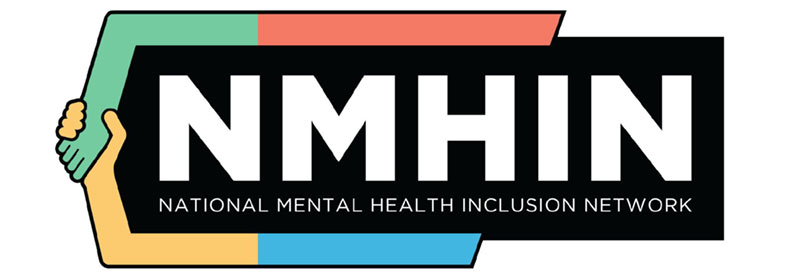
UNCRPD
Initially, Canada’s Medical Assistance in Dying (MAiD) law allowed doctors and nurses to support individuals in ending their lives, but it was limited to those suffering from an illness, or disease with a reasonably foreseeable natural death. This criterion has since been expanded, however, to include all persons with disabilities – regardless of life expectancy. Experts and advocates from across the international disability community have expressed concerns over these changes, drawing attention to the potential consequences on vulnerable populations, particularly those with mental health conditions.
Timeline of MAID in Canada
In June 2016, medical assistance in dying (MAiD) was legalized in Canada after The Criminal Code was amended by Bill C-14.
In March 2021, Bill C-7 proposed amendments that would allow access to assisted dying for anyone with a disability, mental illness, or substance use disorder, raising concerns about the vulnerability of individuals, particularly those with mental health conditions.
The revised law temporarily prevented individuals from accessing MAiD based solely upon a diagnosed mental illness until March 17, 2023.
On December 15, 2022, the Canadian government extended this restriction, and on February 2, 2023, Bill C-37 was introduced to prolong this exclusion until March 17, 2024.
Legal Framework and Human Rights Concerns
The 2016 amendment (Bill C-14) to the Criminal Code laid the groundwork for MAiD by allowing physicians and nurse practitioners to provide medical assistance in dying. The eligibility criteria required a diagnosis of a 'grievous and irremediable medical condition that causes enduring and intolerable suffering.’ It also mandated that death must be 'reasonably foreseeable,' limiting the option to those near the end of their lives.
By removing the 'reasonably foreseeable' requirement, access to assisted dying was expanded to include anyone suffering from a disability, including people with mental illness and/or substance use disorders.
Persons with disabilities are recognized as a protected group under Canada's Charter of Rights and Freedoms.
A coalition of over 20 Canadian disability rights groups called for a public hearing to address the discrimination in Canada's MAiD legislation. United Nations experts have warned that the current MAiD regime violates international human rights, with the Council of Canadians with Disabilities (CCD) citing the UN's condemnation as evidence that Bill C-7 breaches Canada's commitments under the UN Convention on the Rights of Persons with Disabilities (CRPD).
Provisions in Bill C-7 have been criticized for violating the right to life, as protected by Article 3 of the Universal Declaration of Human Rights, Article 6(1) of the International Covenant on Civil and Political Rights (ICCPR), and Article 10 of the CRPD. Article 10 of the CRPD emphasizes the inherent right to life for persons with disabilities on an equal basis with others, raising questions about the expansion of assisted dying to those not close to death.
Inclusive Policy-Making and Social Implications
The Committee on the Rights of Persons with Disabilities mandates that people with disabilities have access to alternative courses of action, social supports, and dignified lives for those seeking assisted death under the new amendments. The core rights to equality and non-discrimination, enshrined in Article 5 of the CRPD, underscore the importance of safeguarding the rights of persons with disabilities in the context of MAiD.
Advocates stress the need for inclusive policy-making that directly includes people and organizations from the disability community. Article 8 of the CRPD calls on States Parties to combat stereotypes and prejudices against persons with disabilities. Ensuring legislation does not reinforce ableist assumptions is essential for maintaining an inclusive and rights-respecting legal framework.
However, the proposed expansion raises concerns about the potential normalization of assisted dying for persons with disabilities who, despite legal protections, still face widespread poverty, discrimination, unemployment, and barriers to accessing disability services. There is concern that this could lead marginalized individuals to opt for assisted dying due to social factors such as loneliness, age, or the absence of adequate support networks. support services.
The ongoing debate surrounding Bill C-7 reflects the complex intersection between individual rights, societal implications, and international human rights standards. As Canada grapples with these amendments, ensuring an inclusive policy-making process that considers the perspectives of persons with disabilities remains crucial for achieving an ethical legal framework for medically assisted death.
House of Commons Bill C-314
Follow NMHIN on Social Media:
